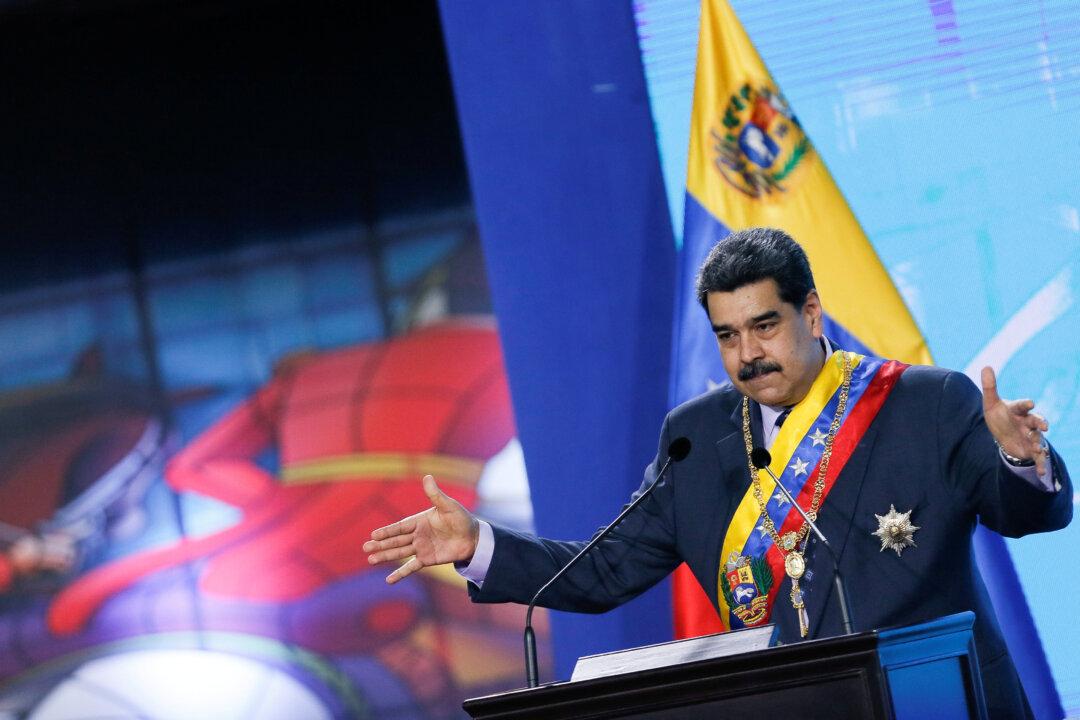A former Venezuelan general accused of participating in a narco-terrorism conspiracy with the country’s president, Nicolás Maduro, says there’s no way he participated in such a scheme.
After all, how could Clíver Antonio Alcalá Cordones have conspired with Maduro when the CIA knows he was one of the rebels working to overthrow Maduro’s socialist government?




